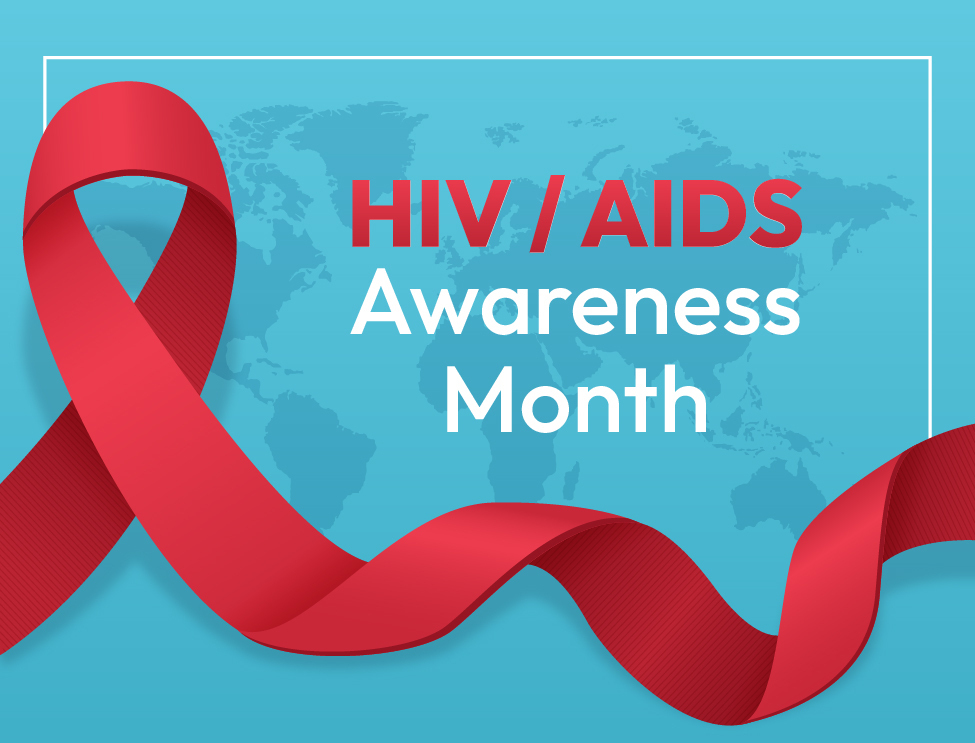What is World AIDS Day?
Why is World AIDS Day important?
What are the risks associated with World AIDS Day?
- First and foremost, remember that the risk of contracting HIV or AIDS is still very high. Make sure you know your HIV status and get appropriate treatment if you are infected.
- World’s AIDS day also raises awareness of the global epidemic, which continues to impact millions of people around the world. Help spread awareness by talking about AIDS at work, school, and social events.
- Finally, don’t hesitate to seek help if you experience any symptoms of HIV or AIDS – whether they are mild or severe. There are many qualified professionals available who can provide support and advice during this difficult time.
Whereas the people who are on high risk for causing HIV/AIDS are;
- Persons with a current or former HIV-positive partner
- Individuals who belongs from an area where HIV rate is too high
- People who oftenly make the use of drugs to enhance sexual activities
- Men who usually have unprotected sex
- The one who is having multiple partners during intercourse
- Babies who are born from a person who is already having HIV/AIDS
- Healthcare workers who can accidentally get the needle injected in themselves.
- People having a family history of hepatitis B or C.
Symptoms that you might have HIV/AIDS

The majority of HIV-positive individuals get a brief, influenza-like sickness 2 to 6 weeks after infection. After this point, HIV may not cause any symptoms for years. It is estimated that up to 80% of HIV-positive individuals develop this influenza-like sickness.
The most common symptoms includes:
- Raised temperature (fever)
- Sore throat
- Body rash
Other symptoms can include:
- Tiredness
- Joint pain
- Muscle pain
- Swollen glands
These symptoms occur when the HIV virus is fighting hard against the immune system. If the immune system is weak then it means that there are high chances of you to have the deadly syndrome of AIDS. However, if you are affected by AIDS then this means that you might experience;
- Weight loss
- Chronic diarrhea
- Night sweats
- Skin problems
- Recurrent infections
- Serious life-threatening illnesses
Though, if you want to get yourself recovered rather than being hit by AIDS then you should focus on early diagnosis and treatment of HIV.
How can I get involved in World AIDS Day?
There are a number of ways that individuals can get involved in the global effort to end this epidemic. Some easy ways to get started include
- Join in local events or activities there are many World AIDSDay events happening all around the world, from exhibitions and rallies to educational programmes and fundraising dances.
- Write a letter or postcard to your MP or councilors expressing your support for World AIDS Day and urging them to take action on HIV/AIDS.
- Make a donation to an AIDS charity working on the ground impacted by HIV/AIDS.
- Spread the word using social media platforms like Facebook, Twitter, and Instagram using the hashtags.
How can I prevent myself from getting infected with HIV/AIDS?
Preventing HIV/AIDS is possible by following simple steps that can be adapted to your lifestyle. There are many ways to reduce your risk of getting infected with HIV, including:
- Using protection while intercourse most of the times
- Not sharing needles or other tools used to inject drugs intravenously (known as “sharps”) with other people.
- Avoiding sexual contact with people who are infected with HIV.
- Getting regular health checkups and vaccinations.
Conclusion
There are numerous ways to recognise World AIDS Day, including monetary and time donations to organizations fighting the pandemic. Lastly, drug and alcohol use may increase your risk of contracting HIV and other sexually transmitted diseases.
When you realize how destructive your actions might be, you can take the necessary precautions to protect yourself and your loved ones from this fatal disease. Never believe that you can do nothing on your own, because the power of your words to disseminate awareness and real-life stories can have a profound effect on those who are unaware of these truths.
It’s time for you to change the world and control this widely spreading disease now!


